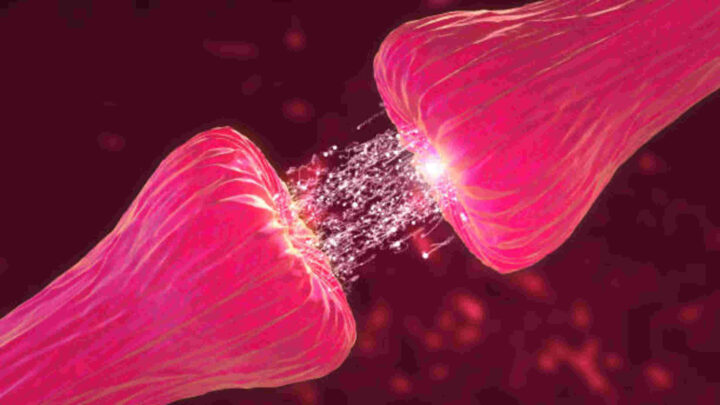
In the realm of neuroscience, few neurotransmitters have garnered as much attention and fascination as dopamine. Often dubbed the “feel-good” chemical. Dopamine plays a central role in our brain’s reward system, influencing our moods, behaviors, and motivations. But is dopamine truly a harbinger of pleasure and happiness, or does its influence extend into darker territories of addiction and compulsive behavior? Let’s delve into the complexities of dopamine and explore its dual nature as both a source of euphoria and a potential catalyst for harm.
At its core, dopamine is a neurotransmitter that acts as a chemical messenger in the brain, transmitting signals between neurons and regulating various physiological processes. Its effects are diverse and far-reaching, ranging from feelings of pleasure and reward to motor control and cognitive function. In essence, dopamine serves as a key player in our brain’s intricate web of pleasure and motivation, driving us to seek out rewarding experiences and pursue our goals with fervor.
On the surface, dopamine appears to be a force for good, responsible for the feelings of joy, satisfaction, and fulfillment that accompany pleasurable experiences such as enjoying a delicious meal, achieving a personal milestone, or falling in love. In these instances, dopamine acts as a natural reinforcer, reinforcing behaviors that are beneficial to our survival and well-being.
However, the allure of dopamine’s euphoric effects can also lead down a slippery slope towards addiction and dependency. Activities that trigger dopamine release, such as gambling, substance abuse, or compulsive shopping, can hijack our brain’s reward system, leading to a cycle of craving, consumption, and withdrawal. In this context, dopamine transitions from being a source of pleasure to a potential driver of destructive behaviors, fueling addiction and undermining our physical and mental health.
Furthermore, the pursuit of dopamine-induced highs can sometimes come at a cost, leading us to prioritize short-term gratification over long-term well-being. In our quest for instant pleasure, we may overlook the deeper, more meaningful aspects of life, such as relationships, personal growth, and fulfillment. This raises the question: Is the pursuit of dopamine-fueled pleasure truly fulfilling, or is it merely a fleeting illusion that leaves us craving more?
In conclusion, the question of whether dopamine is a force for good or evil is not a straightforward dichotomy but rather a complex interplay of pleasure and pain, reward and risk. While dopamine has the power to evoke feelings of joy and satisfaction, it also has the potential to ensnare us in a cycle of addiction and compulsivity. Ultimately, the choice lies with us – to harness the power of dopamine for positive, life-affirming experiences or to succumb to its seductive allure and risk losing ourselves in its grip. So, the next time you feel the surge of dopamine coursing through your veins, ask yourself: Is this truly bringing me happiness, or am I sacrificing my long-term well-being for a fleeting moment of pleasure? The choice is yours to make.
